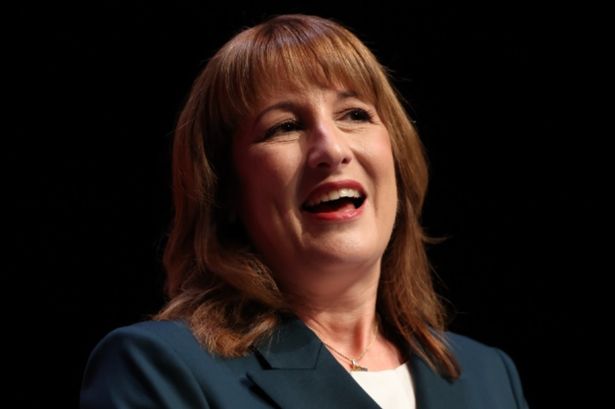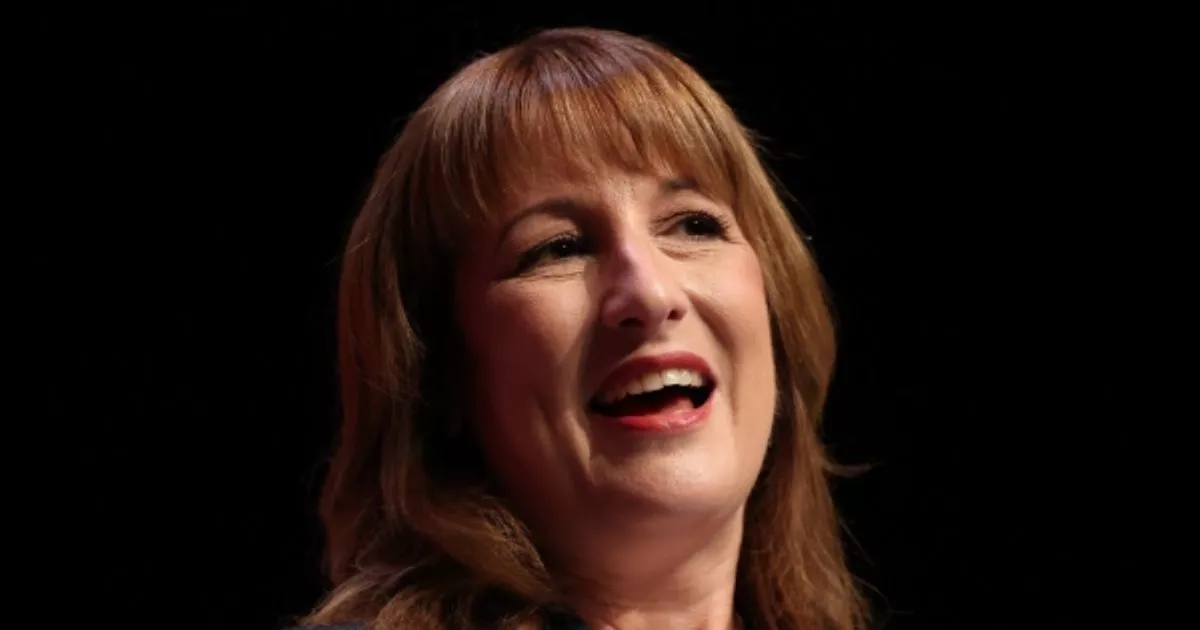More retirees face having to pay tax under ‘unfair’ system Chancellor Rachel Reeves.
Chancellor Rachel Reeves.
Millions more pensioners face having to pay income tax next year.
This is set to be confirmed at November’s Budget by the Chancellor Rachel Reeves.
And while there may be no specific announcement of a tax targeting pensioners, millions are expected to be hit by what is known as a ‘stealth tax’.
READ MORE: Universal Credit claimants wake up to surprise payments
Get our best money saving tips and hacks by signing up to our newsletter
This is because tax bands have stayed frozen since 2021, with more pensioners being forced to pay income tax as their payments have risen each year, taking them over tax thresholds.
Tax bands are currently set to stay frozen until at least 2028, expected to be confirmed at the Budget.
The full state pension will come perilously close to the personal allowance rate of £12,570.
This is the rate someone starts paying income tax, with small private pensions or other income streams enough to push retirees past the threshold.
This stealth tax has been labelled unfair by critics.
An expert at Spencer Churchill Claims Advice said: “Pension rises look good on paper, but frozen personal allowances mean retirees don’t always feel the full benefit.
“This is called fiscal drag – where an increase in pension income simply pushes people into tax thresholds.
“Many pensioners who only rely on the state pension will soon find themselves paying tax for the first time, while those with workplace or private pensions are already there.”
Aaron Peake, Personal Finance Expert at free credit score service CredAbility, said: “The Government says it won’t raise income tax, national insurance, or VAT.
“But fiscal drag could quietly push people into higher tax brackets as wages rise.
“Inheritance tax could also see adjustments, including a lifetime cap on tax-free gifts or changes to taper relief. Anyone planning their estate should watch this closely.”

